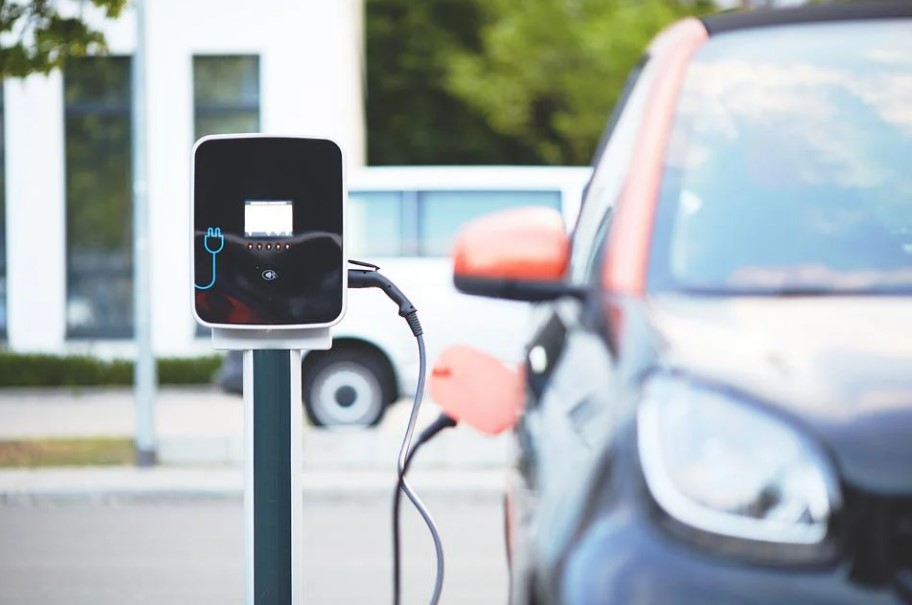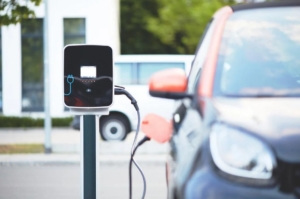Washington, D.C. – The U.S. Department of Transportation’s Federal Highway Administration (FHWA) and Federal Transit Administration (FTA) together awarded $49.2 million in innovative technology grants to improve mobility and multimodal connections. Grants can be applied to technologies ranging from systems that detect and prevent wrong-way crashes to advanced technology to improve trucking operations and terminal operator activities at a port.
The FHWA awarded $45.2 million in Advanced Transportation and Congestion Management Technologies Deployment (ATCMTD) grants to 10 projects using advanced intelligent transportation systems (ITS) technologies that improve mobility and safety, reduce congestion, and support underserved communities.
The FTA awarded $4 million in Enhancing Mobility Innovation (EMI) grants to nine transit agencies and organizations in six states and the District of Columbia to improve access and mobility for transit riders.
Some of the awardees include the South Jersey Transportation Authority who will receive $8.74 million for a smart and connected corridor project. The project will focus on transforming the existing Atlantic City Expressway to serve transportation users and surrounding communities safely and efficiently. The primary focus will be to deploy and evaluate compatible cellular vehicle-to-everything technologies to support future connected and automated vehicles.
The Kansas Department of Transportation will receive $6.67 million for its Great Plains rural freight technology corridor project. The project will improve safety and economic productivity on U.S. 83, a two-lane corridor critical to freight transport in Kansas. The project installs 100 miles of fiber-optic cable and advanced technologies to deliver traffic, weather, and other operational information to commercial trucking to optimize freight routing.
The University of Maryland-College Park will receive $800,000 to develop a software application for transit agencies to generate tradable credits from emission reductions and social equity improvements. These emission and equity credits will be integrated into a mobile app that uses real-time data to determine their credits and value.
The Metropolitan Transportation Commission in San Francisco, will receive $500,000 to develop a new software application that facilitates end-to-end demand responsive transit trip planning and reservations so users can request, confirm, and pay for a trip that encompasses multiple service providers across jurisdictions, and service providers can confirm and coordinate trip segments.


